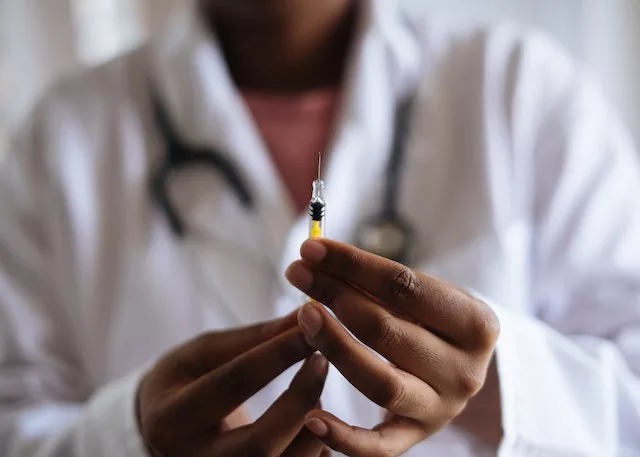Hi everyone, Dr. Emma Williams here! Today, we’re diving into a topic close to my heart: nursing. Have you graduated high school and are passionate about a career caring for others? Well, nursing might be the perfect fit for you!
So You Want to Become a Nurse? Here is A Guide for High School Graduates
This path offers a blend of science, compassion, and hands-on experience. Nurses are the backbone of the medical field, working in diverse settings like hospitals, clinics, and even schools. But how exactly do you get started on this rewarding journey after high school? Let’s break it down!
Can You Go to Nursing School Without College?
The answer is yes! There are two main paths to becoming a nurse after high school:
- Licensed Practical Nurse (LPN) or Licensed Vocational Nurse (LVN): These programs typically take one year and equip you with the skills to provide basic patient care under the supervision of a Registered Nurse (RN).
- Associate’s Degree in Nursing (ADN): This two-year program prepares you for the National Council Licensure Examination for Registered Nurses (NCLEX-RN) and allows you to practice as an RN with more autonomy.
How to Get Into a Nursing Program
So, you’ve chosen your path. Now, how do you get accepted into a nursing program? Here’s a roadmap:
1. Research Programs: Explore options in your area. Consider factors like program length, cost, curriculum, and reputation.
2. Meet the Requirements: Most programs require a high school diploma/GED, a strong GPA in science and math courses, and sometimes, prerequisite courses like anatomy and physiology.
3. Prepare for Entrance Exams: Some programs might require standardized tests like the TEAS (Test of Essential Academic Skills).
4. Strengthen Your Application: Highlight your relevant experiences, like volunteering in healthcare settings or working as a certified nursing assistant (CNA). A strong personal statement showcasing your passion for nursing is also crucial.
5. Consider Financial Aid: Explore scholarships, grants, and student loans to help manage the costs.
Do You Have to Take Pre-Nursing Before Nursing School?
Many universities offer pre-nursing programs, but they aren’t mandatory. They typically cover prerequisite courses like biology, chemistry, and sometimes psychology. You can take these courses individually or through an associate’s degree in another field.
Getting Into Nursing School: Stand Out from the Crowd
Nursing programs are competitive. Here are some ways to make your application shine:
- Highlight Your Skills: Show your compassion, critical thinking, communication, and teamwork abilities through volunteer work or extracurricular activities.
- Shadow a Nurse: Seeing the profession firsthand can solidify your interest and provide valuable talking points for your application.
- Get Certified as a CNA: This entry-level position provides healthcare experience and demonstrates your commitment to the field.
- Maintain a Strong GPA: Focus on excelling in science and math courses, particularly those listed as prerequisites.
Can I Take Nursing Classes Online?
While some nursing programs offer online components, most require significant in-person clinical rotations. These rotations provide hands-on training under the supervision of experienced nurses. However, you can explore online options for prerequisite courses or to enhance your existing nursing knowledge.
Beyond the Basics: Additional Tips for Success
- Network: Connect with nurses, faculty members, and advisors. Their guidance can be invaluable.
- Stay Organized: Nursing school can be demanding. Develop strong time management skills to handle coursework and clinical rotations effectively.
- Find a Support System: Surround yourself with positive and encouraging peers, mentors, or family members.
Remember: The nursing profession is constantly evolving. Be prepared for lifelong learning to stay updated on the latest advancements.
Congratulations, Future Nurse!
Becoming a nurse after high school is an exciting and challenging path. By following these steps, strengthening your skills, and staying dedicated, you can turn your dream into a reality. With hard work and compassion, you’ll be well on your way to making a positive impact on the lives of patients and families within the healthcare system.
For further information and to explore specific programs, reach out to your local healthcare institutions or colleges.
Do you have any questions about becoming a nurse after high school? Leave a comment below, and I’ll be happy to help!


